The 5 Body Shape PRIORITIES #1
Not the shape you want to be? There are many 'things' that play a HUGE part in how you look and feel, so you should probably be giving the main players some attention IF you’re not happy about your body shape right now.
Each 'thing' is potentially a rabbit hole ready to be dived into so we’ll try to keep things a little lighter on the content for you to digest properly.
Priority #1
We’ll kick things off with something everyone gets not enough of…
It is, of course, SLEEP.
What did you think it would be? ;)
Chances are you’re like many other people when it comes to sleep and recovery. There’s not enough time in the day to do everything life throws at us so the thing that suffers is sleep duration (and subsequently sleep quality fro being tired but wired - more on that later).
We all do it. Spend all day really busy then try to wind down in the evening in front of a screen of some sort. Thing is, is been found that the light emitted from a screen late at night (or at least when trying to wind down) has an effect on the brain that inhibits us from achieving a deep, restful sleep. We now see ‘blue light filters’ on phones which isa step towards addressing this but what about the mental effect on the content you’re consuming late at night?
How many times have you tried to get off to sleep but ended up thinking about what you just read or saw for minutes or even longer? Does a piece of content you consume before sleep keep you up for hours after?
When we sleep sub-optimally or less than the advised minimum amount of 7 hours (bear in mind that some people can do very well on little sleep but these are anomalies) it may not show straight away.
There may be a knock on effect of tiredness that creeps in, which then has a further effect on food choices, exercise motivation (or lack thereof) and more lethargy than we’d like when trying to actually enjoy our daily lives!
-- So how can we begin to improve sleep? --
The easiest thing would be to minimise screen usage an hour before you plan to get to sleep (not just go to bed because how many of us get into bed and go straight to sleep?) but even more important would be to PLAN your sleeping hours.
So, work backwards from the tasks that are set in stone (i.e ‘I must leave for work at 7 am). Allow yourself ample time to get ready before leaving in the morning and then set on a wake-up time (or time bracket).
If this was 6 am for example then you’ maybe want to be asleep by 10 pm the night before. If it takes 30 mins to wind down and a bit of time prior to getting ready for bed, have a shower, brush your teeth etc, this means you need to be starting that process at 9 pm every night.
If you stick with this just like you would be when dieting or following a training program then you’ll notice the benefits in other areas of your life after just a short period of time.
More energy upon waking, more drive to do things that could be a bore if you were tired, more desire to eat healthy foods, increased motivation to exercise intensely and more enjoyment daily.
Now, I know what you’re saying; ‘I have young kids, sleep is a long-gone luxury’ and believe me I know this first hand (at time of writing we’ve a 6m old and 2yr old).
But it won’t be broken sleep forever. Plan for best case scenario every time (7 to 8 hours solid sleep) and if it doesn’t happen at least it was 7-8 hours of broken sleep and not 5 hours of broken sleep! If you go to sleep thinking about waking up every few hours you’ll probably not achieve any quality deep sleep periods due to the thoughts around having to wake.
Another thing the can impact sleep is effects of food or drink on the body and brain. We all know caffeine late at night can cause sleep issues so minimising consumption from early afternoon onwards is a smart move here.
As well as eating large quantities of food late at night, purely from the feeling of being too full and uncomfortable stopping you get to sleep. There may be some research to suggest certain foods help you sleep better or some foods inhibit deep sleep if consumed close to bedtime but if you stop eating early evening then these won’t be a problem for you anyway, regardless of what you eat.
We also have physiological issues that can cause poor sleep (and there will be hundreds of these, all person specific) so if you have something that is stopping you sleep soundly make sure to see your Doctor for help in sorting these or at least easing the symptoms to allow better sleep.
Recovery from exercise requires proper sleep, to give your body time to repair from the tear down of body tissues whilst training (as long as it has adequate intake of nutrients from food to do so), so if you’re someone after looking and feeling as good as you can, regardless of your age, then put SLEEP as your number 1 priority to sort out.
Seriously, if you sleep a whole lot better you’ll be so much more enthused to exercise your body harder and eat better foods.
Next step is to persuade your Boss to schedule ‘sleep breaks’ throughout the day! :)

